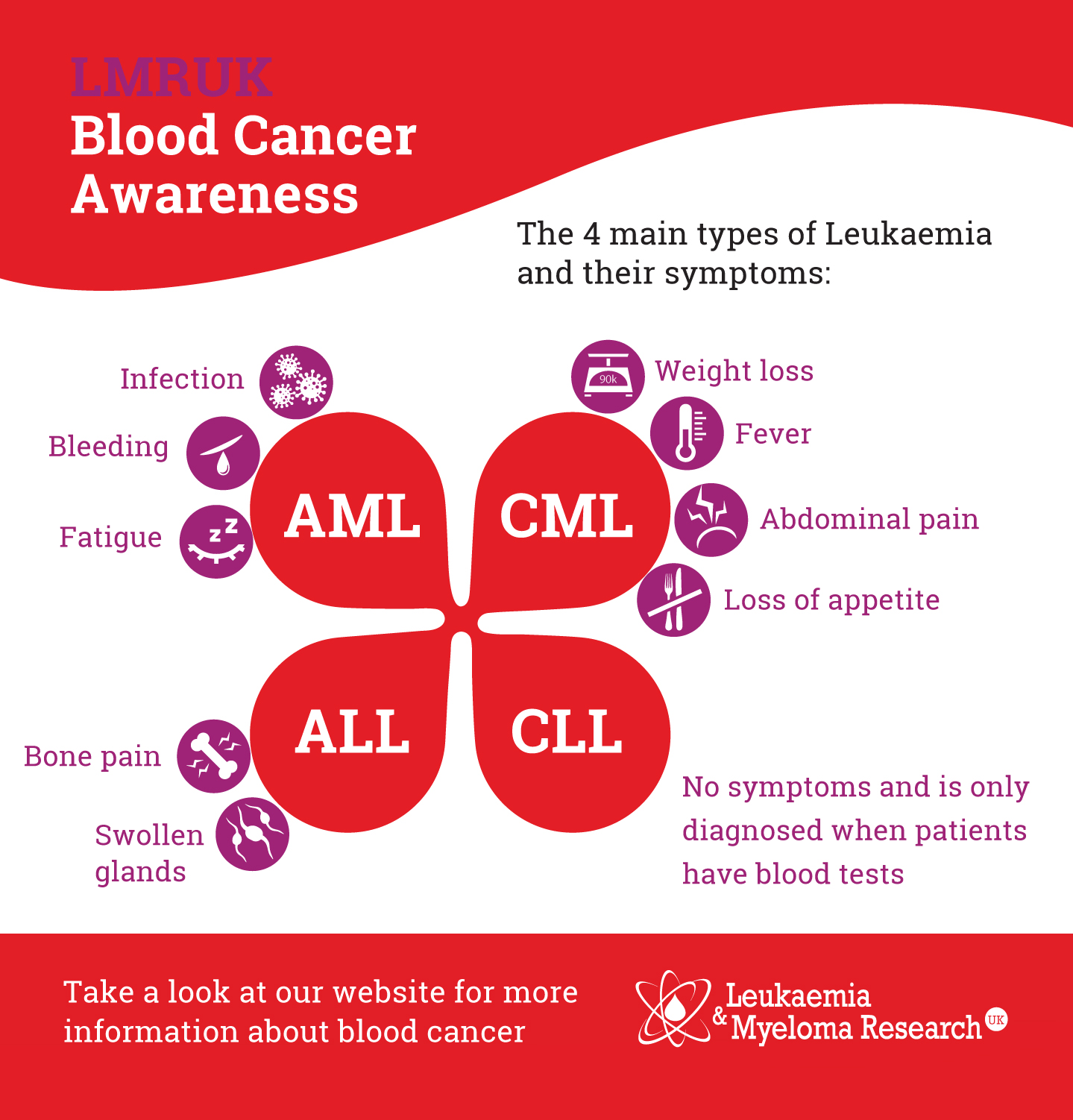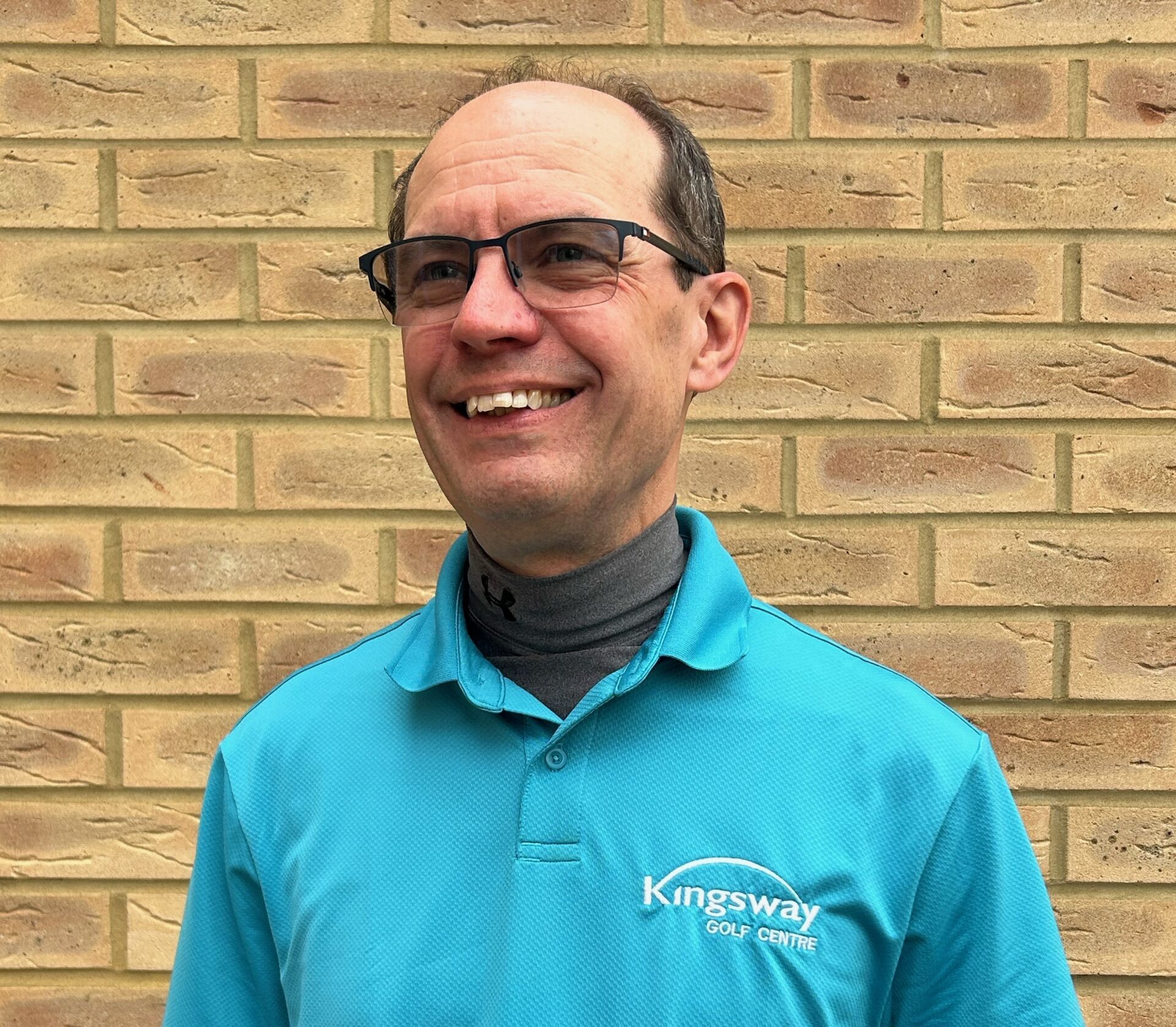Scientists grow tiny pea-sized ‘human lungs’ in the laboratory giving hope to thousands of patients with fatal conditions
Tiny ‘human lungs’ have been grown in a laboratory which could revolutionise understanding of fatal diseases.
The breakthrough was made using adult stem cells, which the researchers used to grow tissue fragments that mimic the of the organ.
While they’re not fully functioning lungs, scientists hope they will be able to use their findings to slow the progression of fatal lung diseases such as idiopathic pulmonary fibrosis (IPF).
The chronic illness causes scarring which makes the lungs thick and stiff which over time results in progressively worsening shortness of breath and lack of oxygen to the brain and vital organs.
Most people only live about three to five years after diagnosis.
In the latest study, scientists in California coated tiny gel beads with the cells and then allowed them to self assemble into the shapes of the air sacs found in human lungs. This created the the 3D lung buds, known as ‘organoids.’
Dr Brigitte Gomperts, of the University of California, Los Angeles, said: ‘While we have not built a fully functional lung, we have been able to take lung cells and place them in the correct geometrical spacing and pattern to mimic a human lung.’
Dr Gomperts explained: ‘Scientists have really not been able to model lung scarring in a dish.’
So her researchers used sticky hydrogel beads and coated them with cells from adult lungs.Then they partitioned the beads into small wells a quarter of an inch (7 millimetres) across, inside which the lung cells grew into a three dimensional pattern.
To show the tiny organoids mimicked the structure of actual lungs, the researchers compared the lab grown tissues with real sections of human lung.
As well as enabling researchers to study the biological underpinnings of diseases, the artificial lungs will also help test possible treatments, analyse an individual patient’s condition or what drugs may work best in their case.
To read the full article click here.







